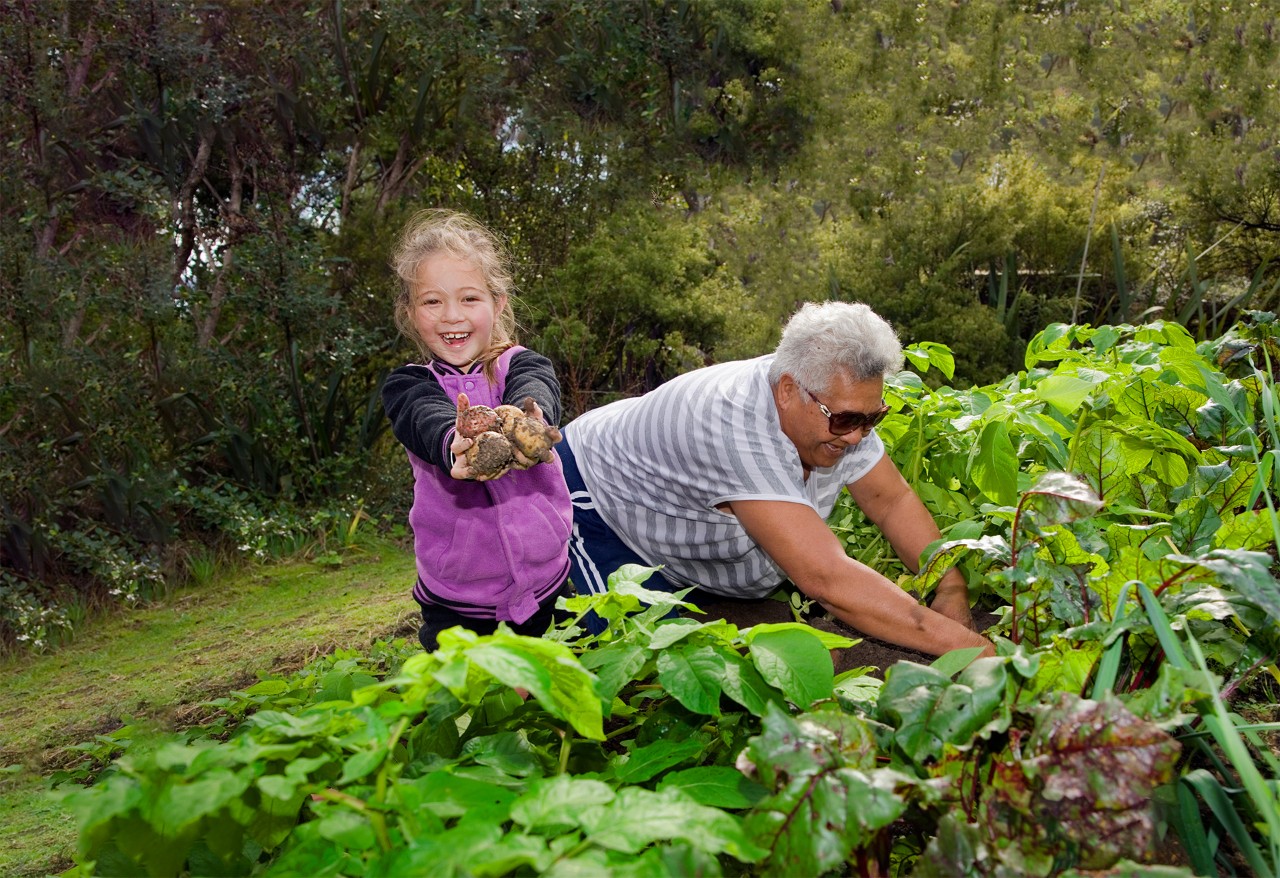
How to find purpose in retirement
Find out how to build a meaningful life after you stop working. These five simple elements can help you plan a retirement that feels purposeful and fulfilling.
Thinking about retirement, or already there? Wonderful! Retirement opens the door to more freedom, flexibility, and time for what truly matters to you. But while the idea of leaving work can be exciting, it also brings emotional and lifestyle changes. After all, work often provides more than a paycheck: like structure, social interactions, or a sense of purpose.
Whether you’re approaching retirement or have already stepped into it, it’s important to recognise the crucial components that work can provide, beyond your income.
Sense of identity: Your job title and responsibilities are often closely tied to how you identify.
Structure: A daily routine provides stability and order.
Purpose: Contributing to a company or cause gives you a sense of value.
Sense of accomplishment: Completing tasks and projects fosters feelings of achievement.
Relationships: Workplace interactions create social connections and support networks.
In fact, starting to reflect on these elements before retirement can make the transition smoother and help you build a sense of purpose earlier.
So, no matter where you are on your retirement journey, exploring these areas now – and continuing to nurture them after you retire – can open the door to new sources of meaning and fulfilment. Here’s how.
Re-evaluate your identity
For years, answering “What do you do?” may have been automatic. Retirement, whether upcoming or well underway, offers the chance to redefine who you are beyond your career.
Think about what makes you you. Your love of animals, creativity, films, travel, or helping others. Your identity can be broader, richer, and more personal than any job title.
Delve into hobbies
Consider the hobbies you’ve always wanted to pursue or revisit. Whether it’s painting, gardening, woodworking, or playing a musical instrument – dedicating time to these activities can be fulfilling and enriching.
Volunteer
Getting involved with local community organisations not only provides a sense of purpose but also allows you to connect with others and give back. Look for opportunities that resonate with your values, whether that’s working with animals, helping the elderly, or supporting local schools.
Embrace lifelong learning
Consider signing up for community classes or online courses that pique your interest. Learning a new skill – whether it’s photography, cooking or digital design – can be both stimulating and satisfying.
Consult or work part-time
If you miss the professional environment, think about part-time work or consulting in a field that excites you. This can help keep your skills sharp while allowing you the flexibility to enjoy your newfound free time.

Create a new routine
Working life can provide a structured framework for your day, helping to organise your time. In retirement, you have the freedom to craft a routine that suits your interests and lifestyle.
Establish a consistent daily schedule
Design a routine that incorporates activities you enjoy, such as morning exercise, leisure reading, or creative projects. Having a regular structure can help you maintain a sense of balance and purpose in your day.
Plan social engagements
Schedule regular get-togethers or outings with friends and whānau. Whether it’s getting outdoors for a walk, game nights, or weekend brunches, maintaining these connections is vital for your emotional wellbeing.
Set personal goals
Identify personal goals you’d like to achieve in retirement. This could be mastering a new language, learning a new skill, or developing proficiency in a new technology. Setting goals gives you something to strive for and can make your daily life more exciting.
Utilise community resources
Look into local community centres that offer classes, workshops, and social activities –these can be free and fun to do. Engaging with others in these environments can provide both structure and camaraderie.

Finding new purpose
Purpose can be found in many places. Embrace retirement as an invitation to redefine your identity beyond your professional role and contribute to your community in ways that resonate deeply with you.
Mentorship
Share your wealth of knowledge and experience by mentoring younger generations. This can be incredibly rewarding and allows you to pass on valuable skills and wisdom.
Environmental engagement
Get involved in local environmental initiatives, whether through community gardens, beach clean-ups or tree planting projects. Contributing to causes you’re passionate about can bring a sense of accomplishment and connection to the world around you.
Support charitable organisations
Identify charities or local causes that resonate with you and offer your time or resources. Engaging in philanthropy can greatly enhance your sense of purpose.
Explore your heritage
Connecting with your heritage is important for a multitude of reasons, touching upon your sense of self, your relationship with others and your understanding of the world. If you have Māori ancestry, consider exploring te reo Māori (the Māori language) or learning more about your whakapapa (genealogy) and iwi (tribe). Discovering your roots can provide a deeper sense of belonging and identity.

Find accomplishment outside of work
Retirement presents a wonderful opportunity to pursue achievements in various fields beyond your professional career. Expanding your horizons can feel deeply rewarding!
Take on improvement projects
Whether it’s renovating your home, gardening, or learning a new craft such as woodworking or pottery, hands-on projects can be challenging and satisfying.
Engage in physical activity
Staying active is crucial for both physical and mental health. Join a sports team, take yoga classes, or walk regularly to keep your body and mind healthy.
Document your life story
Consider writing your memoir or family history. You’ve accumulated countless experiences and stories that can be a wonderful legacy for your loved ones.
Join clubs aligned with your interests
Look for local clubs or groups that focus on your hobbies. Whether it’s book clubs, chess clubs or a membership to a golf club – they can provide a sense of accomplishment and social interaction.

Nurture reltationships
Establishing and nurturing strong relationships is vital for crafting a genuinely fulfilling retirement experience.
Lean on friends
It’s likely that friends will be going through a similar transition and experiencing all the same highs and lows. Carve out time for catching up or a phone call.
Strengthen family ties
Dedicate time to nurture your relationships with family members. Regular family gatherings or simple phone calls can enhance these bonds.
Stay connected with colleagues
Former colleagues often make lifelong friends. Organise reunions or occasional meet-ups.
Join clubs or interest groups
Connecting with others who share your hobbies introduces new friendships and deepens your social circle.

Retirement offers the chance to redefine what brings meaning, structure, and joy to your life. By exploring your identity beyond work, building routines that support your wellbeing, engaging in hobbies and community activities, setting personal goals, nurturing relationships, and finding new ways to contribute, you can create a retirement that feels purposeful and enriching.
No matter your stage, the choices you make now can help you shape a life filled with connection, fulfilment, and ongoing growth.
Recommended reads

How much money do I need in retirement?
Discover how much you might need for retirement based on your lifestyle and get tips to boost your savings for a comfortable retirement.

Maximise retirement savings with our calculator
Use our KiwiSaver calculator to develop a tailored plan that propels you towards financial prosperity.

Retirement planning tips for late starters
Discover essential tips & strategies to maximise your savings for a comfortable future.
